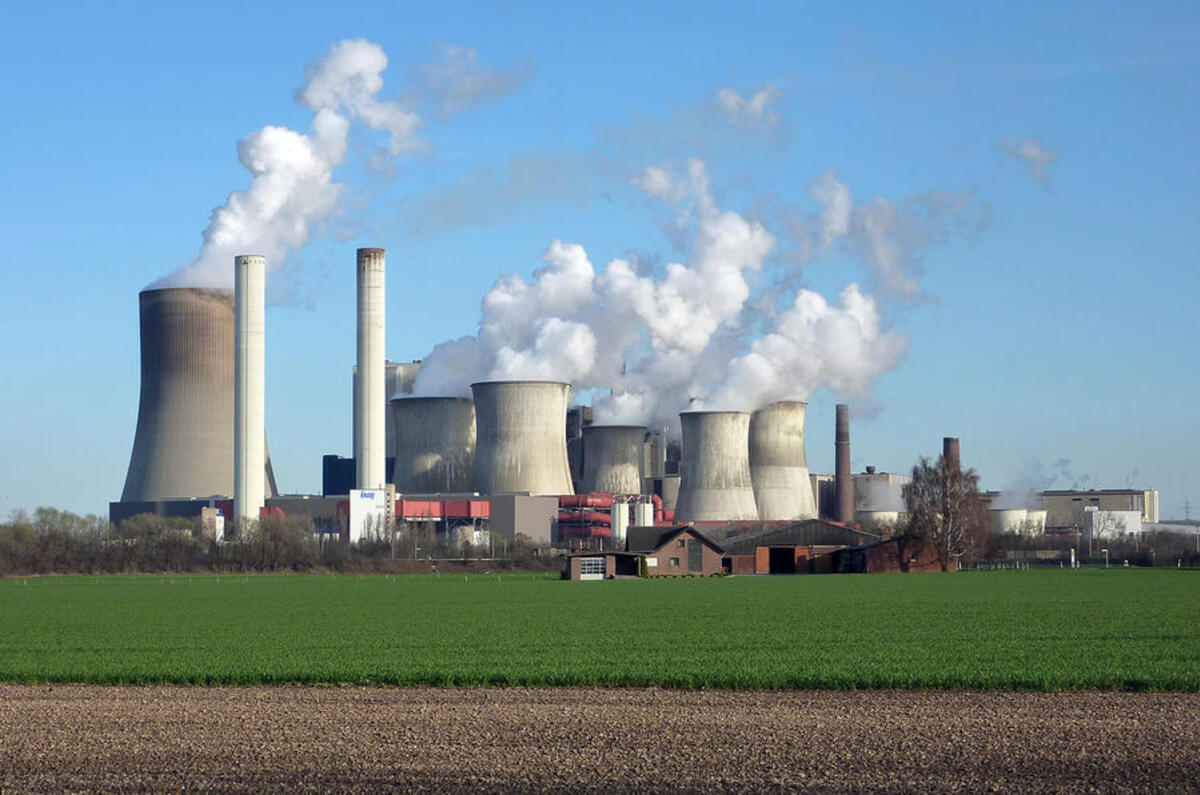Electric vehicles now contribute to less CO2 emissions than ever through increasing use of renewable energy sources.
A report produced by Imperial College London, partnering with energy company Drax, shows that EV emissions - produced by electricity generation in power stations that is then transferred to EVs when charging - fell by 10% compared with last year, and is up to a third of what it was five years ago.
The carbon intensity (grams per kilometre) of EVs has dramatically decreased. For example, the Tesla Model S fell from 124g/km in winter 2012 to 74g/km in winter 2016 and 41g/km today. EVs are generally less efficient in winter, so the real average lies somewhere between the last two figures.
The scientist behind the Electric Insights report, Imperial College London’s Iain Staffell, explained that, as the UK continues to move away from coal-fired power stations to natural gas and biomass, as well as renewable energy sources, emissions will continue to fall. This reduction can be sustained for another 12-24 months before slowing as reductions in emissions become harder to achieve.
“Emissions are already reducing faster than has been targeted in the recommendation to governments; we’re doing better than anyone would have expected five years ago,” said Staffell.
“It’s very important that the public knows the decrease of carbon emissions by EV energy demand, because any time you have a story about EVs or the recent example of the Government banning petrol and diesel by 2040, there are people saying the electricity isn’t clean so EVs aren’t that green.
“It’s useful that we have conclusively shown that it doesn’t matter if you’re charging in summer or winter, size of car doesn’t matter - it’s better than the best petrol hybrid can do. The people who are wanting to do the right thing by the environment will be pleased to know that we’ve cleaned up the power sector."
Speaking of the Government’s recent decision to ban petrol and diesel sales from 2040, Staffell predicted that, by that time, people will be buying EVs over petrol and diesel cars for their benefits over ICE powertrains and EVs won’t be more expensive than petrol or diesel models.
The carbon intensity of EVs will fall further as solar farm and wind power projects are completed. However, Staffell said that it’s “difficult to understand what the Government wants” in terms of renewable energy, given its axing of solar power subsidies and previous opposition to wind power then subsequent support of Welsh and Scottish wind farms.





Join the debate
Add your comment
It said electricity demands
It said electricity demands have shrunk by 15% over last 10 years, but fails to mention that due to retiring of old coal fired power stations generating capacity has dropped by more despite the addition of wind/solar energy sources. While wind/and solar is not a guranteed energy source you still have to run or have on standby conventional power stations which really should be added to the renewables footprint.
Full cycle comparison
It would be interesting to see a full cycle comparison of petrol to diesel to electric. At least one other site has taken this story and compared it to the tailpipe emissions of a petrol car. But that ignores the energy use in refining the fuel and transporting it to the petrol station.
Full cycle comparison
It would be interesting to see a full cycle comparison of petrol to diesel to electric. At least one other site has taken this story and compared it to the tailpipe emissions of a petrol car. But that ignores the energy use in refining the fuel and transporting it to the petrol station.
RE: Full cycle comparison
The fuel may need processing and transporting in either case, though of course renewables mostly avoid this.
Impossible as it changes daily
On a windy day, or using Norway as your base the results will be totally different from one day to the next.